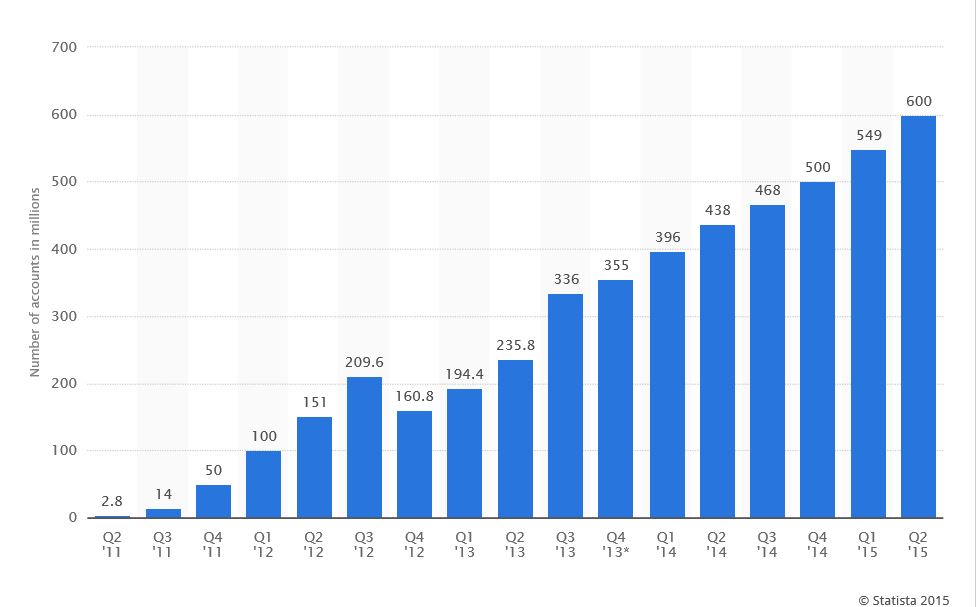
Diversity has become an alarmingly thorny issue again lately, no matter on college campuses or in corporations. The news and public interests that it has generated are just slightly shy of those in the 1960s. From Princeton to Harvard or Yale, students are demanding the re-evaluation of their past worshipped alumni who may historically have biased on diversity issues. Princeton is examining if the name of the famous Woodrow Wilson School of Public and International Affairs should be renamed without Wilson – a Princeton Class of 1879, governor, US president and Nobel Peace Prize winner; while Yale is considering the removal of the name of John C. Calhoun – a Yale 1804 graduate, senator and US vice president, from one of their residential colleges. Diversity lawsuits are also perplexing the top managements of many large corporations, as frequently as they fear to hear.
From the US immigration debates to the European migrant saga, from the pockets of bloody religious fights to the military’s allowing women in all combat battles, from the changes of demographic distributions to the global denouncement of the mistreatment of women in outdated cultures, although generations’ progress on diversity have been made little by little, either in hiss-hiss mode or everyone-go-through-a-training mode, a new look at the diversity is apparently in need.
What will really be the future situation of the diversity? Can we have the unbiased view that can stand the test of the passing of the time? Diversity is a force that awakens with the developments of human societies and modern sciences and technologies. More than ever, ignorance and arrogance on diversity are deterrents on progress.
As the author watched the Star War’s latest episode, The Force Awakens, she can’t help marveling at that café scene (See pic.) of the Maz’s castle on the planet of Tokodana where Luke the Skywalker’s lost lightsaber was located once more. Various species of the galaxies are gathering together as equals in a rip-roarious café. If one day we earthly humans indeed need to live among the strange-looking ETs, would we be able to enjoy our drink just the same as we do today? When joint survival is no longer a topic but a necessity, the respect of diversity seems the only way for every being. Unfortunately our current diversity challenges even among all humans are already daunting.
History may come to a stage calling for a new level of awakening on diversity, based more and more on fairness and open-mindedness, with sensitivity and insensitivity. Some deep soul searching is likely needed for each of us. It’s futile to demand that the slave owners of the past or whoever outlawed women as voters a few centuries back be dug out from their tombs and sentenced. However as educated and future-minded as we are, in our modern day-to-day life and work, have we advanced enough to have the tolerance of differences, the equal views of others, the willingness to give fair credits to people who are different than ourselves? Can we practice to have the true acceptance from the mind and heart to the evolving needs of the diversity for the years and decades to come?





